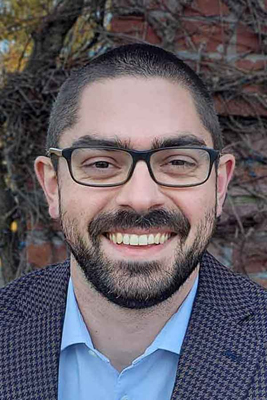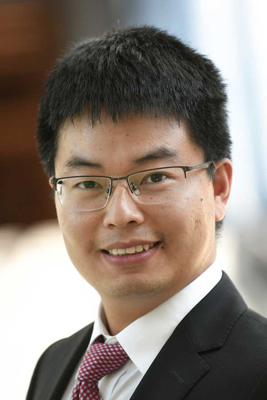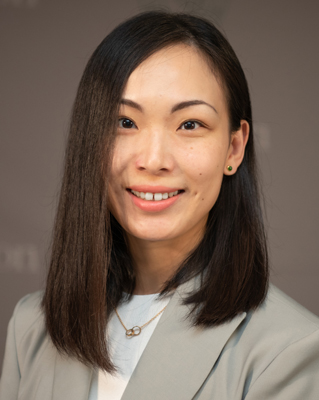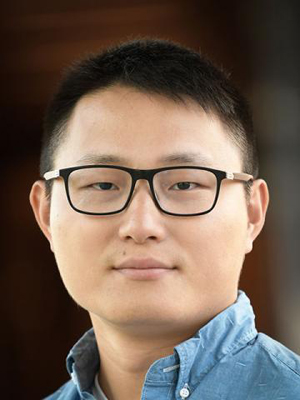Civil & Environmental Engineering Newsletter: August 2024
Message From the Chair
Welcome to the August issue of the Civil & Environmental Engineering Newsletter! This month we share news of multiple NSF awards for our faculty and take a look at an innovative method of PFAS mitigation that one of our professors published in a sister journal of Nature. We also review some honors for our students, faculty and the University. Please enjoy reading this news from our department, where we believe our students and faculty can design a better world for future generations through enriching experiences and groundbreaking research.
— Steven Wojtkiewicz, Professor/Chair of Civil & Environmental Engineering
Rapid-Setting Cement

Assistant Professor Robert Thomas has been awarded a nearly $600,000 grant from the National Science Foundation Faculty Early Career Development Program (CAREER) for research on the long-term durability properties of belitic calcium sulfoaluminate (BCSA) cement, which has a lower carbon footprint than Portland cement, and sets and gains strength quickly.
Read About This Grant
Arctic Research

Assistant Professor Suguang Xiao has received a National Science Foundation Engineering Research Initiation award to study deep structural foundations in permafrost. The $200,000 grant will fund research on how vibrations from earthquakes impact pile foundations, which are being affected by changes in soil properties from increasing temperatures.
Read About This Research
Sensor for Harmful Algal Blooms

Assistant Professor Siwen Wang has been awarded a National Science Foundation Engineering Research Initiation grant to develop a rapid and sensitive biosensor for harmful algal blooms (HABs). HABs caused by cyanobacteria (blue-green algae) exhibit enormous threats to human health, animals and aquatic ecosystems. The economic impact of HABs is also significant.
Read More About HABs
Innovative PFAS Mitigation

Assistant Professor Yang Yang has published research in Nature Water, a sister journal of Nature focusing on water sustainability. Yang's team developed an innovative non-thermal, cost-effective method of near-complete defluorination and mineralization of PFAS in various types of wastewater.
Read About This Research
